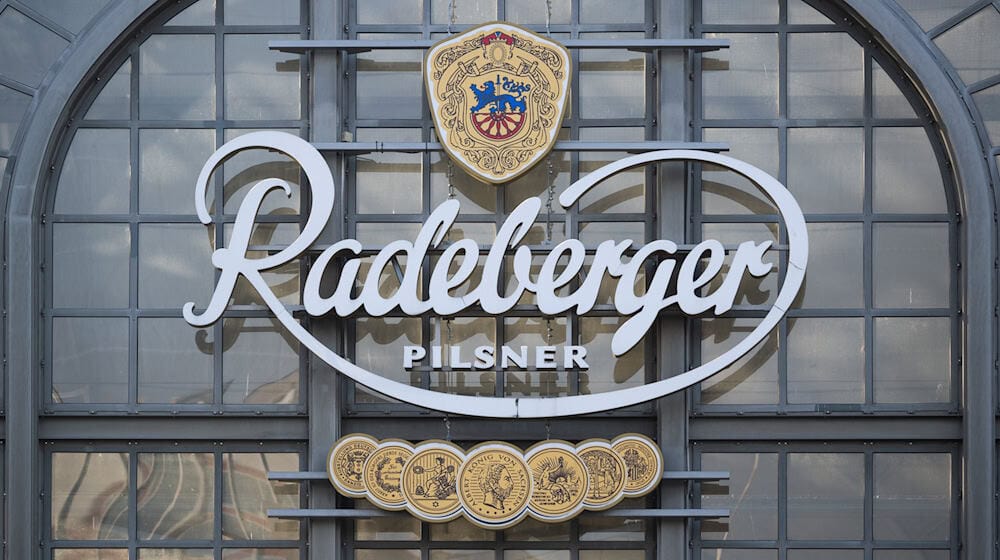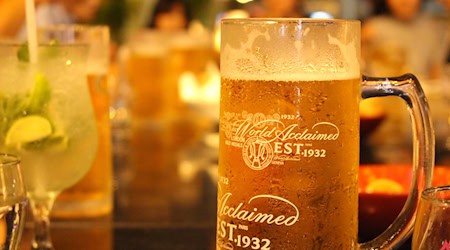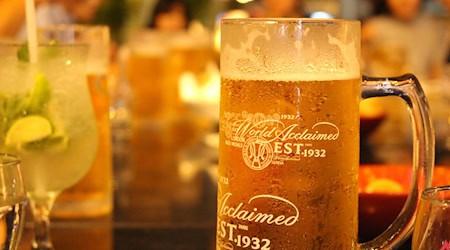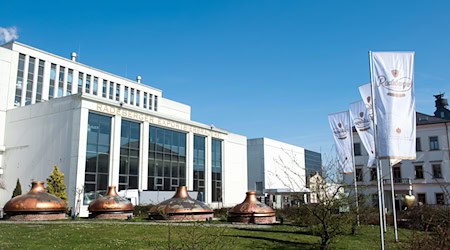The warning strikes at several breweries in Saxony are continuing. At all strike meetings on Tuesday, it was decided to continue the work stoppages for the entire week, according to the Food, Beverages and Catering Union (NGG). Delivery capacity in the affected breweries is already severely restricted or "approaching zero". With every day of the strike, the number of markets and pubs that are "left high and dry" grows.
Union threatens another week of strikes
The union blamed the employers for the escalation. "Unfortunately, no agreement has been reached so far. The East is still to be slowed down. But the time when employees put up with this is over," explained chief negotiator Uwe Ledwig. They want to fight on and still have staying power. The employers would have to give up their blockade. If there is no concession, the NGG threatened another week of strikes.
The NGG union is demanding a seven percent wage increase. According to the NGG, the last offer from the employers' association for food and beverages was less than 3 percent on average for the year. According to the employers, however, the union was last offered "well over 5 percent more wages". However, the union rejected this. The employers accused the NGG of being unwilling to negotiate. Two rounds have so far been unsuccessful.
A collective agreement is currently being negotiated for six companies
According to the employers, there are a total of 131 breweries in Saxony and Thuringia. Only six percent are covered by collective agreements. A new collective agreement is currently being negotiated for six companies. So far, the Freiberger Brauhaus, Radeberger Exportbierbrauerei, Sternburg Brauerei, Krostitzer Brauerei - all part of the Radeberger Gruppe - and Wernesgrüner Brauerei, which belongs to Carlsberg Germany, have been affected by strikes. On Monday, employees at the Köstritzer Schwarzbierbrauerei had walked off the job.
In the opinion of the Radeberger Group, it is "somewhat ironic" that "the few breweries that still feel committed to a collective bargaining community and a collective wage agreement are now on strike and are being severely disrupted in their market development". If sales on the Saxon beer market fell by more than seven percent in the first half of 2025, wages could not rise by seven percent, it said.
Radeberger Brauerei sees strike effects well cushioned
"That should be obvious to everyone at first glance," emphasized Hendrik Wagner, spokesman for the Radeberger Group. "Perhaps that's why only a limited proportion of our 250-strong workforce has taken part in the current strikes - the majority of our colleagues are also working these days." This is another reason why the effects of the strike have been cushioned quite well so far.
The employers' association pointed out that wages in the brewing industry are among the highest across all sectors. "The starting wage for a skilled worker today is already over 4,000.00 euros per month plus Christmas bonus, vacation pay, bonuses, allowances, benefits in kind, company pension scheme and other company benefits," it said. In some cases, wages in Saxony and Thuringia are significantly higher than in the West.
The NGG trade union made a different calculation. Many employees in Saxony and Thuringia are concerned that they are still working longer hours for less money more than 30 years after German reunification, emphasized NGG negotiator Ledwig. After all, the difference amounts to more than 4,000 euros a year - without bonuses.
Copyright 2025, dpa (www.dpa.de). All rights reserved










